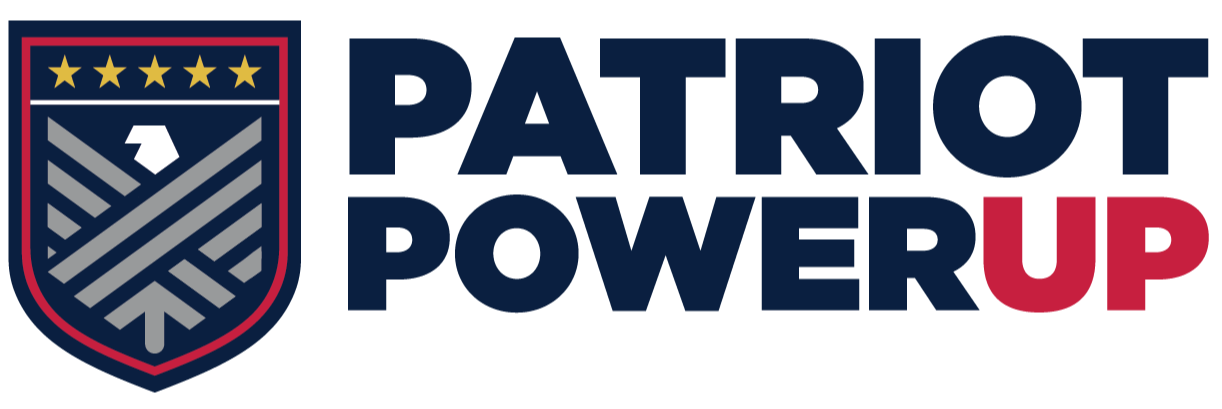Introduction
As Veterans transition back into civilian life, many face ongoing mental health challenges. While the VA provides essential services, gaps in accessibility and specialization have led to the rise of community-based programs designed to offer targeted, compassionate, and often peer-led support.
The Need for Community-Based Support
A 2021 report from the National Academies of Sciences emphasized that comprehensive mental health care for Veterans requires a multi-layered support system that includes family, peers, and community resources (National Academies).
Many Veterans cite feelings of isolation, lack of cultural understanding from civilian therapists, and logistical challenges accessing VA services. This has made grassroots and nonprofit initiatives vital to filling the gap.
Key Programs Helping Veterans Today
Wounded Warrior Project
Offers a comprehensive suite of mental health services, including Project Odyssey and the Warrior Care Network. These programs combine therapy, outdoor activities, and peer support (Wounded Warrior Project).
Warrior Care Network
A national partnership with four academic medical centers providing intensive outpatient care for Veterans with PTSD and TBI (Warrior Care Network).
Cohen Veterans Network
Provides mental health clinics across the U.S. for post-9/11 Veterans and their families. Services include therapy, family counseling, and case management (Cohen Veterans Network).
Team Red, White & Blue (RWB)
Uses physical activity and community engagement to build support networks and improve mental wellness. Team RWB connects Veterans through local chapters and events (Team RWB).
How These Initiatives Fill the Gaps Left by the VA
While the VA offers essential care, community programs often:
- Provide faster access to services.
- Offer more holistic and culturally competent care.
- Include families and caregivers.
- Focus on peer support, which research shows increases mental health outcomes.
These initiatives complement federal services, often partnering with VA facilities to improve coordination.
Patriot Power Up’s Community Focus
Patriot Power Up works alongside these organizations to ensure Veterans receive comprehensive care. The organization prioritizes collaboration over competition and maintains no political affiliations, focusing entirely on supporting the health and dignity of Veterans through partnerships and outreach.
Frequently Asked Questions
Q: Why are community programs important for Veteran mental health?
A: They provide culturally competent, accessible, and often peer-led services that many Veterans prefer or need in addition to VA support.
Q: Are these programs free for Veterans?
A: Most nonprofit Veteran services, like those from Wounded Warrior Project and Cohen Veterans Network, are free of charge or offered on a sliding scale.
Q: How can Veterans access these community services?
A: Veterans can visit the organizations’ websites or work with care coordinators to be referred directly to programs.
Q: What role does Patriot Power Up play?
A: Patriot Power Up acts as a bridge, helping Veterans navigate and connect with community programs and resources without any political agenda.
References
- National Academies – Veterans Mental Health Report
- Wounded Warrior Project – Mental Wellness
- Warrior Care Network
- Cohen Veterans Network
- Team Red, White & Blue

